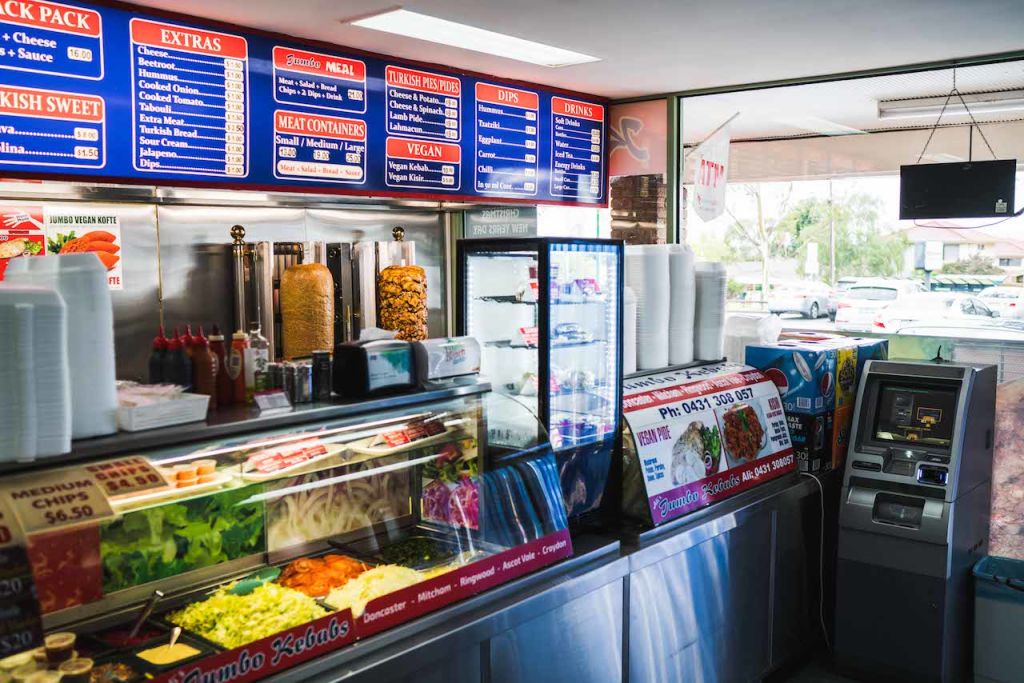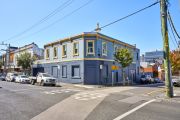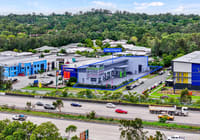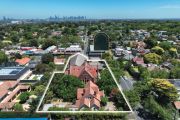
Home delivery of 'comfort food' increasing during Melbourne's COVID-19 lockdown
The pandemic has dealt a blow to the retail and hospitality industries throughout Melbourne but there could be a bright spot emerging, with at least one purveyor of “comfort food” reporting a significant uptick in delivery orders during lockdown.
It comes as data released by major food delivery apps shines a light on the change in consumer behaviour since Melbourne first entered lockdown in March.
Food ordering app Menulog confirmed that it had recorded a 54 per cent increase in orders on its platform from Melbourne customers since March.
Data released by Uber Eats during the first iteration of Melbourne’s lockdown indicated that Melburnians’ preferred dish during the lockdown was the humble Halal Snack Pack (HSP) – kebab meat served with chips, cheese and sauce – a staple of most kebab shops. It was the same for the Gold Coast, Geelong and Canberra.
At the same time, Uber Eats reported that the term “comfort food” had broken through into the top searches since the pandemic started.
While rival Deliveroo found that, nationally, fish and chips was the most popular dish, enjoying a 597 per cent rise in searches and shooting into the top five most-searched dishes on the app.
All three apps reported that delivery times were shifting towards earlier in the evening – likely due to a lack of commute time – with Deliveroo reporting a surge in group orders as families and housemates dined together.
Nowhere is the trend towards comfort food more apparent than Semsittin Ali Kayikci’s chain of kebab stores in Melbourne’s eastern suburbs.
Across the six stores, Mr Kayikci has seen his monthly sales rise during the pandemic, something he attributes to an increasing number of people seeking comfort food during the lockdown.
Combined revenue from the six stores rose from $380,000 gross a month before the COVID-19 crisis to more than $400,000 since the pandemic hit.
The performance of the stores was enough that Mr Kayikci – who had been preparing to sell the business pre-COVID-19, only to pause the campaign during the initial uncertainty of the pandemic – has decided to push ahead with the sale.
“He’s been preparing for sale for the eight months and was actually going to launch it in March [but] postponed it,” listing agent Damien Lawler, managing director of AIR Mutual Advisory, said.
Mr Lawler said the uptick in turnover was purely due to customer demand, with the stores having not needed to claim JobKeeper or ask for rental reductions.
Combined orders through Uber, Menulog and Deliveroo had jumped from 10,000 to 13,000 a month during the pandemic, with an average order cost of $25.
“It’s a comfort food and people still need to eat during COVID-19. It helps that the food is affordable, too,” Mr Lawler said, adding that he expected the trend towards increased deliveries to continue long after the pandemic passes.
Mr Kayikci operates stores across Doncaster East, Mitcham, Ringwood and Croydon, with service station outlets in Ringwood and Blackburn.
“I started Ali’s Jumbo Kebabs in 2006 at Doncaster in a small kebab kiosk. Since I started, I served my customers seven days and seven nights consistently,” Mr Kayikci said.
“Our business expanded with the support of our customers who appreciated our food’s taste, hygiene and service to them. The business strategy has always been to invest our income into opening new shops, and widening our menu over time by adding hand-made Turkish dishes.”
He opened the two service station kiosks in response to the pandemic and is planning on opening two additional locations within the next few months which will also be included in the sale.
“We backed up our business by widening our reach to customers, with the addition of two new kebab kiosks located in Blackburn and Ringwood East,” he said.
“Another thing we have done differently from many other businesses is that instead of reducing the number of employees in our business to cope with the current circumstances, we went out of our way to reach the customers with free delivery service, to keep our service accessible to everyone while staying safe.
“We keep improving our services and products and our customer base is still supporting us during the pandemic by constantly visiting our business.”
Mr Lawler said Mr Kayikci was selling because he wished to retire and return to his native Turkey.
The six stores – which are each under management – together have a price tag of $2.88 million. The sale includes an equipment storage warehouse in Ascot Vale and delivery van. Lease lengths vary from between five and 10 years for each store.
Mr Kayikci will be on hand to train any new operator.
“I hope that the new owner keeps the business running at high standards of hygiene, taste and customer service. If the quality is preserved, the business will automatically expand to meet the expectations of growing customer volume. The new owners should keep in mind how much this business is able to grow,” Mr Kayikci said.
Mr Lawler said a new operator could choose to implement a franchise system.
“We’re selling it as a group for a new buyer – it’s very attractive if they wanted to implement a franchise system,” he said.










